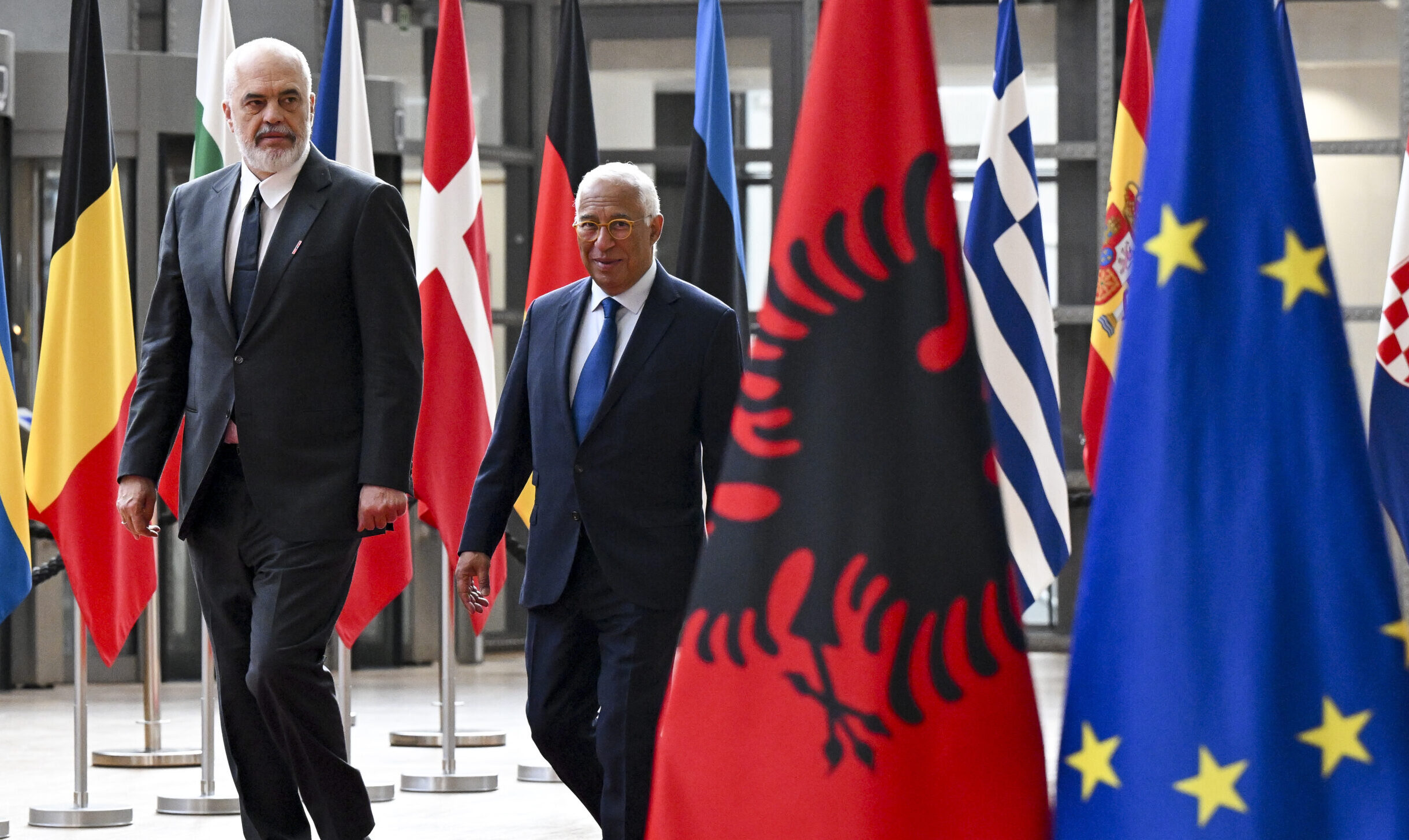Brussels – A warning without naming names, the recipients of which are now the usual suspects. Guest speaker in Sofia for the forum “EU Meets the Balkans”, EU Commissioner for Enlargement, Marta Kos, said that “in some (candidate, ed) countries violations of human rights, fundamental freedoms and democratic principles make accession difficult.” Among the ten committed to the path to EU membership, one need only rewind the events of the past few months—from the arrest of Istanbul’s mayor in Turkey to violence against protesters in Serbia and the controversial Putin-like laws in Georgia—to speculate who the message was directed at.
Several ministerial-level representatives of the EU candidate countries were present at the annual event in Bulgaria. The EU commissioner stressed that “today more than ever, the unification of Europe is the way to consolidate stability and ensure sustainable peace and security.” At a time of rising geopolitical tensions, enlargement becomes “our most strategic policy tool.”
Brussels has set 2030 as the horizon for a new “wave” of enlargement. The nine candidates—some for more than a decade—are Albania, Serbia, Bosnia and Herzegovina, Montenegro, Moldova, North Macedonia, Georgia, Ukraine, and Turkey. Also included in the count is Kosovo, currently a potential candidate. In fact, despite the renewed impetus sought by the European Commission, for now, only Albania and Montenegro seem likely to conclude accession negotiations within a few years successfully.

Except for Ukraine, for which steps are being skipped, the others are proceeding slowly. For Turkey and Georgia, it is effectively frozen. And Serbia, a key piece of Western Balkan integration, is hostage to an authoritarian president, Aleksandar Vucic, who is willing to jeopardise the path to the EU to remain in power in a country engulfed by anti-government protests.
“I know that in many of our candidate countries there is frustration,” Kos continued, justifying the slow pace of the accession journey by the fact that “over the past 15 years the EU has been too often consumed by itself: a debt crisis, migration challenges, the exit of a major member from the Union, the aftermath of the pandemic, and an unprecedented energy crisis.”

Instead, Kos’s mission now is “to accelerate the negotiations as much as possible.” The example to follow is that of Tirana, which has opened accession negotiations on 16 out of 35 chapters in the last six months. In short, the European Commission is ready to play its part, but it demands that the other side “break with the ghosts of the past and look to the future.” Moving forward in negotiations and achieving the goals set by Brussels—in terms of rule of law, judicial independence, financial stability, and alignment with the Union’s foreign policy—”requires the ability to make difficult compromises,” because it often “touches on established power structures, challenges vested interests, issues of identity, and requires a clear geopolitical orientation.”
The commissioner promised that she “will not turn her back” on any of the candidate countries and reiterated the goal that “as many as possible cross the finish line (of accession, ed)” during her term. Among the various initiatives the EU is studying to increase the integration of candidate countries even before their accession, Kos opened to the possibility of “including candidate countries as observers in the European Parliament and the Council.” A scheme already tried at the EESC (European Economic and Social Committee) and strongly endorsed by Albanian Prime Minister Edi Rama. “We have to think outside the box,” Kos stressed, “in an age when there are no more boxes.
English version by the Translation Service of Withub








